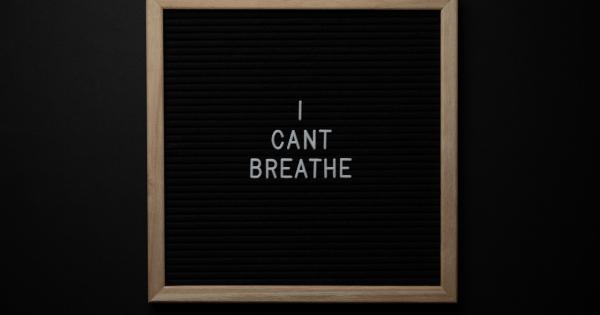Anxiety and depression are mental health conditions that can significantly impact a person’s quality of life. These conditions affect not only a person’s thoughts and emotions but also their physical health, causing various symptoms.
Here are some ways in which your body may communicate anxiety and depression.
1. Sleep Disturbances
Both anxiety and depression can disrupt a person’s sleep patterns. Anxious thoughts can prevent a person from falling asleep or cause them to wake up frequently during the night.
Depression can cause a person to oversleep and feel fatigued throughout the day. Sleep disturbances can further exacerbate anxiety and depression symptoms, leading to a vicious cycle.
2. Digestive Issues
The gut-brain connection is a powerful one, and anxiety and depression can both cause digestive issues. Anxiety can cause a person to experience stomach aches, diarrhea, or constipation.
Depression can result in loss of appetite, nausea, and changes in bowel movements. Stress hormones released during anxiety and depression can affect digestive function, leading to these symptoms.
3. Headaches
Headaches can be a common symptom of anxiety and depression. Stress hormones released during anxiety can cause muscle tension and constriction of blood vessels, leading to headaches.
Depression can also lead to headaches due to changes in brain chemistry and stress levels. The type and intensity of headaches can vary from person to person and may require different treatment approaches.
4. Increased Heart Rate and Blood Pressure
Anxiety and stress can cause the body to enter “fight or flight” mode, where the heart rate and blood pressure increase.
Chronic stress, as seen in depression, can lead to long-term changes in heart rate and blood pressure, which can increase the risk of heart disease and other health problems. Relaxation techniques and medications can help manage these symptoms.
5. Muscle Tension and Pain
Anxiety and depression can cause muscle tension and pain, especially in the neck, shoulders, and back. Stress can lead to muscle tightness, while depression can cause physical lethargy.
These symptoms can further exacerbate the mental health conditions, leading to a cycle of chronic pain and mood disturbances. Physical therapy, exercise, and relaxation techniques can help manage muscle tension and pain.
6. Changes in Appetite and Weight
Changes in appetite and weight can be common symptoms of anxiety and depression. Anxiety can cause a loss of appetite or binge eating, leading to weight loss or gain.
Depression can result in a loss of interest in food and a decrease in appetite, leading to weight loss. Alternatively, depression can also cause overeating and weight gain. These symptoms can be managed with diet and exercise changes, as well as therapy and medication.
7. Decreased Immunity
Chronic anxiety and depression can suppress the immune system, leading to an increased risk of infections and illnesses.
Stress hormones released during anxiety and depression can interfere with immune system functioning, making a person more susceptible to infections and other health problems. Managing stress with relaxation techniques and other approaches can help boost immunity and prevent illness.
8. Skin Problems
Skin problems can be a symptom of anxiety and depression. Stress hormones released during anxiety can cause skin inflammation and exacerbate existing skin conditions such as eczema and psoriasis.
Depression can also lead to skin problems due to changes in immune function and stress levels. Skincare and stress management can help manage these symptoms.
9. Decreased Libido
Anxiety and depression can both cause a decrease in libido or sexual desire. Stress hormones released during anxiety can interfere with sex hormone production, leading to decreased libido.
Depression can also cause a decrease in interest in sex due to changes in brain chemistry and emotional state. Therapy and medication can help manage these symptoms.
10. Increased Substance Use
Anxiety and depression can lead to increased substance use or addiction. Drugs and alcohol can temporarily alleviate anxiety and depression symptoms, but their long-term use can exacerbate the mental health conditions, leading to a vicious cycle.
Therapy and medication can help manage these symptoms and prevent substance use or addiction.































